Islamic State and chemical weapons use
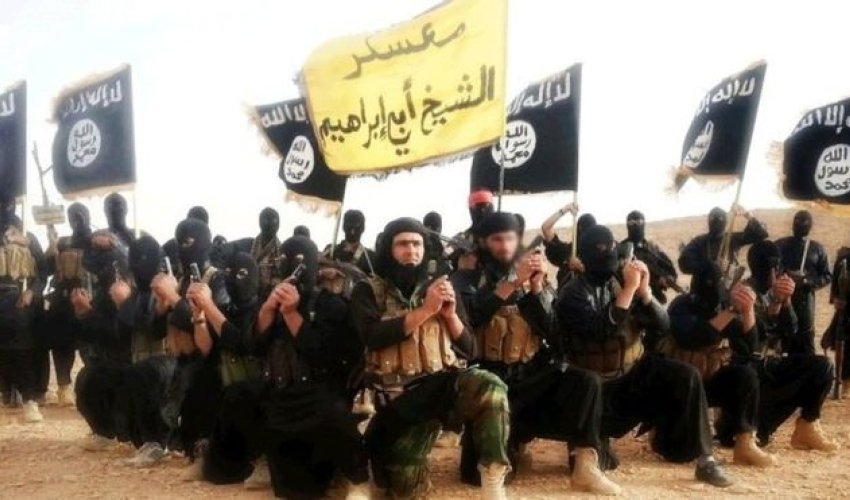
There has been no official response from the Islamic State group (IS) to US claims that it has used chemical weapons in Syria and Iraq.
However, there have been signs that IS and its supporters would not shy away from their use.
A month ago, online supporters of the group boasted of an attack against Kurdish forces near the Tigris river in northern Iraq, saying they had used an unspecified chemical weapon.
They said 40 mortar rounds had been used to deliver the weapons targeting Kurdish Peshmerga fighters in the village of Tall Rim on 11 August.
The next day, IS officially acknowledged firing mortars in the area and published photographs showing the rounds being fired, apparently illustrating the same attack, but it did not mention chemical weapons.
Separately, German officials said they suspected that IS had used mustard gas against Kurdish forces in that area south-west of Irbil, at about that time.
While talk of non-conventional weapons is not currently a burning issue among IS supporters, there has been a long history of debate on the subject in jihadist circles going back more than a decade.
Many have argued in favour of their use, comparing them to weapons like catapults used in early Islamic times. But others have objected, saying Islam does not permit such indiscriminate killing.
IS itself has a track record of flouting international conventions and may have recently found a new ally to help it justify the use of weapons like mustard gas.
Last month, IS supporters online celebrated what they said was a pledge of allegiance to IS leader Abu-Bakr al-Baghdadi from radical Saudi cleric Nasir al-Fahd.
Mr Fahd is the highest profile figure to sanction the use of weapons of mass destruction (WMD) in jihad, publishing a fatwa on the subject in May 2003.
Mr Fahd's fatwa appears to sanction the use of a nuclear weapon against the US as a form of retaliation for Muslim deaths.
"If a bomb were dropped on them killing ten million [Americans] and burning as much of their land as they have burned Muslims' land, it would be permissible, without the need to mention any other evidence," he wrote.
"But we might need other evidence if we wanted to wipe out more than that number of them."
The fatwa also quotes extensively from Islamic texts to argue that jihadists can use WMD if they judge that is the only way to "repel the infidels".
He was arrested the same month and remains in prison to this day.
On 24 August, a pro-IS media group circulated what were said to be handwritten messages from Mr Fahd, smuggled out of prison, announcing his loyalty to IS and encouraging others to fight under its banner.
Given Nasir al-Fahd's standing in jihadist circles, if the notes are genuine, his backing for IS would boost the group's claim to religious legitimacy.
It would also help it justify any use of chemical or other non-conventional weapons, given his high-profile endorsement of WMD use by jihadists.
(BBC)
www.ann.az
Similar news
Similar news
























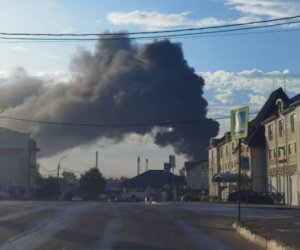
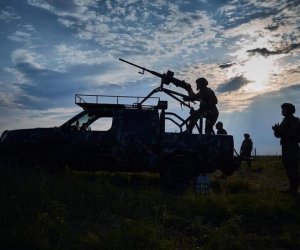

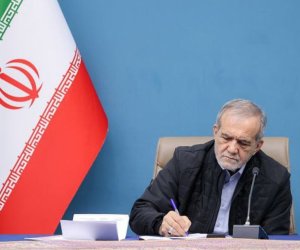

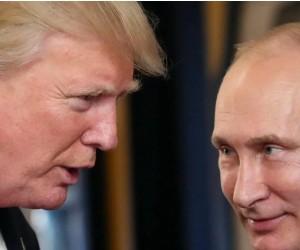
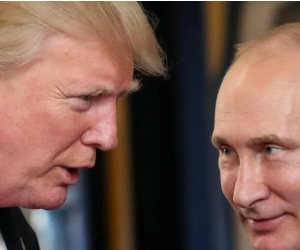
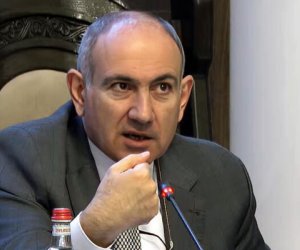
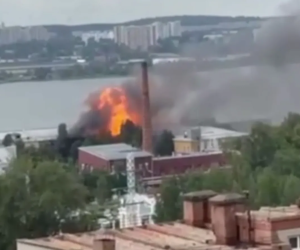



 Photo
Photo 



 Video
Video 

